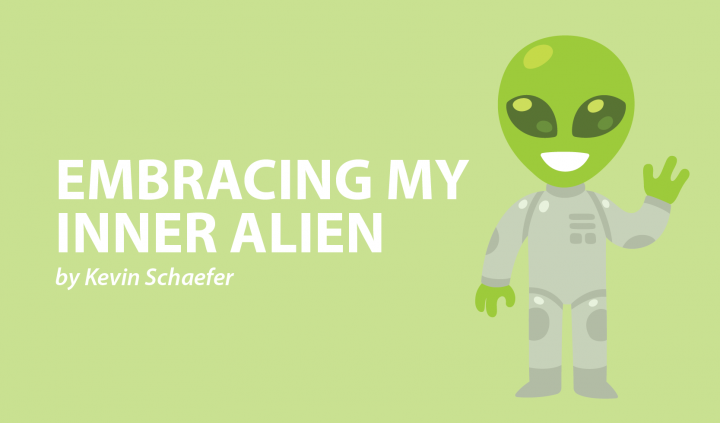3 Things that Helped Me Combat the Mental Effects of SMA
Written by |

While spinal muscular atrophy is strictly a physical condition, it can still take a mental and emotional toll on those who have it. Between having to be dependent on others for physical needs, feeling like a burden as a result, and constantly being reminded of the things you can’t do, the mental effects of living with SMA are many.
I’ve confronted these thoughts and emotions in my own life, at times feeling so mentally and emotionally drained that I had a hard time seeing the good in things. I remember having a mental breakdown at home toward the end of my freshman year of college, crying and screaming more than I had in years. I realized at that moment that it wasn’t anything in particular that triggered that emotional outburst. Rather, it was the culmination of frustration and sadness that had been stirring inside me for far too long.
It wasn’t easy, but I eventually confronted these issues, despite the fact that they were harder to face than any physical illness or broken bone I’ve ever dealt with. Sure, I still have days when I feel overwhelmed and unmotivated, but I’m happy to say that those days are few and far between.
Just to be clear, I base my tips strictly on personal experiences, and I’m no psychiatrist. But I can tell you that these things helped me combat the mental effects of living with SMA.
Talk about it
This is the first, and no doubt the hardest, step. When dealing with any mental health issue, whether it’s because of a disability you have or something else entirely, the best way to start dealing with it is to talk about it with other people. Seeking out a professional counselor is always the best option, but even just discussing it with friends and family is a big step.
I’ve always been an outgoing person and the kind of person who people are OK talking with about their problems (maybe I should have gone into counseling). While I’ve always engaged in other people’s lives, I often forget to take care of myself. This was especially true for me in high school and early college. I spent so much time talking with other people and friends, but neglecting to talk about my own issues. I was struggling with my disability and frustrated by my lack of independence, but I wasn’t expressing it. Don’t keep stuff like this bottled up inside of you. Seek help and talk about it.
Talk with other SMA individuals
I used to be pretty cynical about the idea of being a part of the SMA community. In my quest for normalcy, I felt that it was counterproductive to hang out with other SMA folks. It’s also why I was hesitant about getting a service dog and doing any disability advocacy. I wanted to blend in and live a normal life, not stand out and be an “inspiration” to other people.
Nevertheless, I found that talking with other SMA individuals, particularly those who were older than me, helped me get through some of the hardest times in my life. With them, I didn’t have to explain the specific challenges and nuances of living with SMA. Having someone who can fully relate to you and let you vent makes a world of difference.
Reading and listening to music and podcasts
A big part of taking care of your mental health is keeping your brain active. Reading books and paying attention to the stories of other people has helped me feel less alone during difficult times. Memoirs, novels, comics, and short stories have helped me reflect on my own experiences and learn from the experiences of others.
The same goes for music and podcasts. Bands like The Avett Brothers, Black Sabbath, Linkin Park, and more have helped me relax and reflect during good and bad times. Music is wonderful therapy. A ton of great podcasts also are out there that specifically focus on human interest stories. I recently discovered Chris Gethard’s show, “Beautiful/Anonymous,” which I highly recommend. Storytelling is a fundamental element of the human condition, and these different mediums can be especially liberating for people with disabilities. SMA might limit us physically, but it doesn’t limit our imaginations.
There are plenty of other ways to deal with the mental effects of SMA or any other kind of severe disability. Things like maintaining an active social life and balancing work with downtime also make a huge difference. It wasn’t easy getting to the point in life that I’m at now, but I’m here. SMA might make life harder, but it doesn’t make life impossible.
***
Note: SMA News Today is strictly a news and information website about the disease. It does not provide medical advice, diagnosis, or treatment. This content is not intended to be a substitute for professional medical advice, diagnosis, or treatment. Always seek the advice of your physician or other qualified health provider with any questions you may have regarding a medical condition. Never disregard professional medical advice or delay in seeking it because of something you have read on this website. The opinions expressed in this column are not those of SMA News Today or its parent company, Bionews Services, and are intended to spark discussion about issues pertaining to spinal muscular atrophy.





Leave a comment
Fill in the required fields to post. Your email address will not be published.